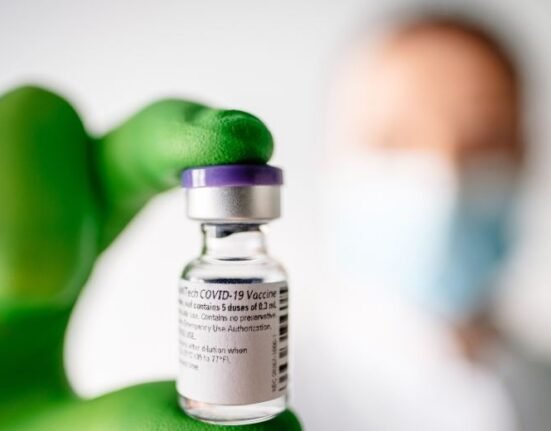HQ Team
September 28, 2022: Drinking two to three cups of coffee daily lowers the risk of cardiovascular disease and increases lifespans, according to research published in the European Journal of Preventive Cardiology.
This study used data from the UK Biobank. The Biobank is a large-scale database containing records of people’s genetics, health, and lifestyle. This study examined the associations between types of coffee and incident arrhythmias, cardiovascular disease and death.
Cardiovascular diseases included in the study were coronary heart disease, congestive heart failure and ischaemic stroke. The findings applied to ground, instant and decaffeinated varieties.
“In this large, observational study, ground, instant and decaffeinated coffee were associated with equivalent reductions in the incidence of cardiovascular disease and death from cardiovascular disease or any cause,” said study author Professor Peter Kistler of the Baker Heart and Diabetes Research Institute, Melbourne, Australia. “The results suggest that mild to moderate intake of ground, instant and decaffeinated coffee should be considered part of a healthy lifestyle.”
The study included 449,563 participants free of arrhythmias or other cardiovascular diseases at baseline. The median age was 58 years, and almost half the participants were women. The study duration was a median 12.5 years.
Participants were asked to fill in a questionnaire about their coffee drinking habits, the number of cups a day, and whether they drank ground (such as cappuccino or filtered coffee), or decaffeinated coffee. Then six groups were formed based on their daily intake of coffee–none, less than one, one, two to three, four to five, and more than five cups per day. Instant was most common, with 198,062 (44.1%) participants drinking it. Ground coffee was taken by 82,575 (18.4%), and decaffeinated by 68,416 (15.2%). There were 100,510 (22.4%) non-coffee drinkers who served as the control group.
Coffee drinkers were compared to non-drinkers for the incidence of arrhythmias, cardiovascular disease and death after adjusting for age, sex, ethnicity, obesity, high blood pressure, diabetes, obstructive sleep apnoea, smoking status, and tea and alcohol consumption. All this information was gathered from follow-ups on medical and death records.
A total of 27,809 (6.2%) participants died during follow-up. All types of coffee were linked with a reduction in death from any cause. The greatest risk reduction was seen with two to three cups per day, with a lower likelihood of death for decaffeinated at 14%, ground at 27%, and instant preparations at 11%.
All coffee subtypes were associated with a reduction in cardiovascular disease. Ground and instant coffee, but not decaffeinated, was associated with a reduction in arrhythmias. Compared with non-drinkers, the lowest risks were observed with four to five cups a day for ground coffee and two to three cups a day for instant coffee, with 17% and 12% reduced risks, respectively.
Professor Kistler said: “Caffeine is the most well-known constituent in coffee, but the beverage contains more than 100 biologically active components. It is likely that the non-caffeinated compounds were responsible for the positive relationships observed between coffee drinking, cardiovascular disease and survival. Our findings indicate that drinking modest amounts of coffee of all types should not be discouraged but can be enjoyed as a heart-healthy behaviour.”
Previous research on coffee and better cardio health has shown some association. This large study adds weight to the earlier findings on coffee and heart health. Coffee is a complex substance that reacts with the body in numerous ways, and scientists are still trying to figure out the outcomes.








